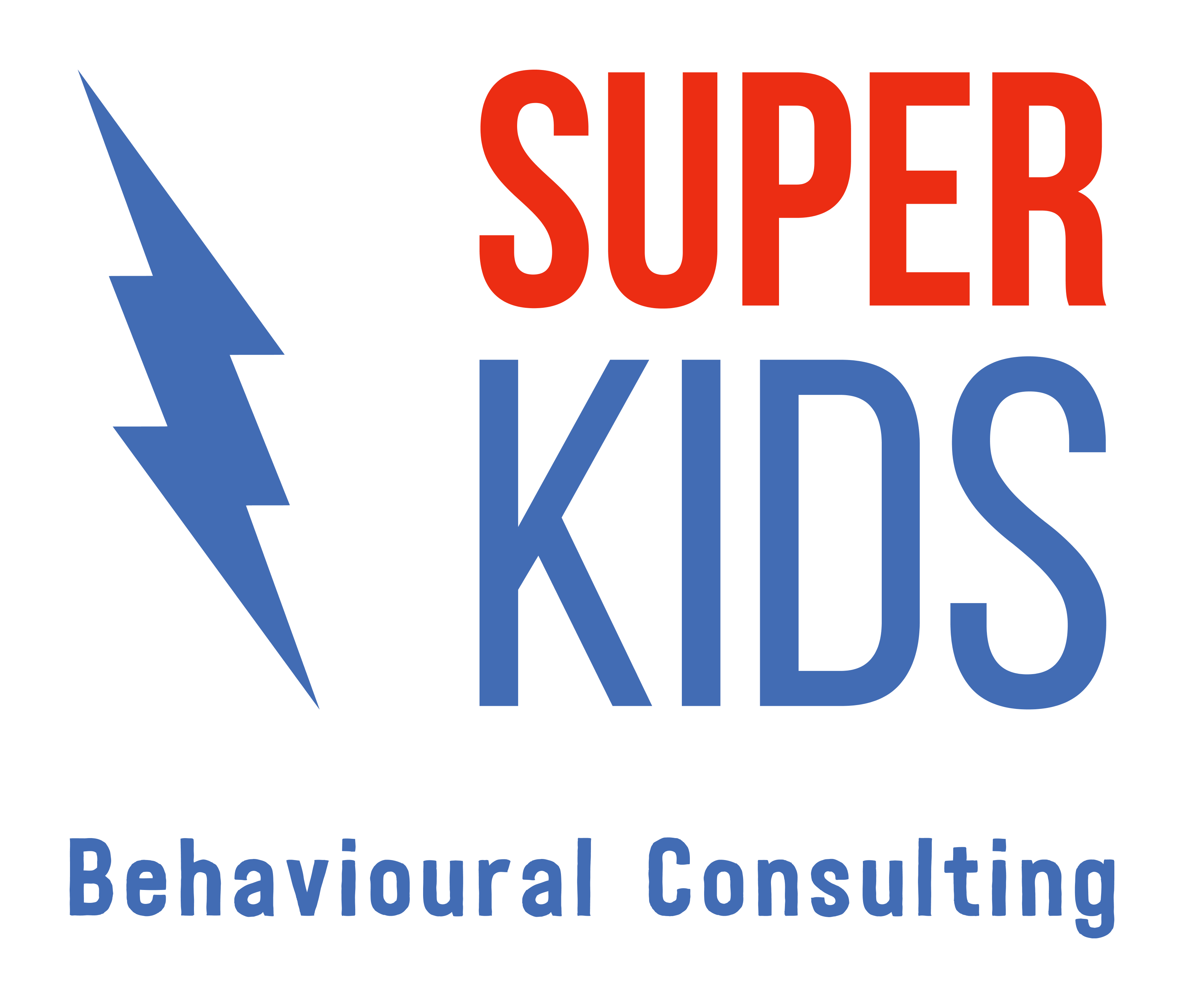What Is “Profound Autism”? A Detailed Overview

Renee Collins, CBA, BCBA, BSP, DE
CLINICAL DIRECTOR (She/Her)

Autism isn’t a one-size-fits-all experience but it’s considered a spectrum, rich in diversity and complexity. Within that spectrum, some individuals face much greater challenges navigating daily life. They may require intensive, lifelong support across areas like communication, safety, mobility, and self-care. In clinical and policy conversations, this is often referred to as profound autism, a term that’s gaining traction, not as a label, but as a way to better identify and meet the needs of this often-overlooked group.
Although profound autism is not a formal diagnosis, the term is gaining traction. It helps distinguish a group of autistic individuals who are often underserved and underrepresented, particularly in research, education, and healthcare planning. For many families, it also provides much-needed language to advocate for the intensity of support their child or loved one needs.
“Profound” means the person may communicate in non-speaking ways, require help with basic self-care, and live with co-occurring conditions like epilepsy, sleep disorders, or intellectual disability. In many cases, they need 24/7 care, lifelong support, and a network of professionals who understand how to work with, not against, their unique needs.
What Does “Profound Autism” Actually Mean?
The term was introduced in 2021 by the Lancet Commission on the Future of Care and Clinical Research in Autism. It refers to autistic individuals who:
- Have a co-occurring intellectual disability (IQ often below 50)
- Use minimal or no spoken language
- Require round-the-clock support for everyday activities such as dressing, toileting, and eating
It is now used by organisations like Autism Australia and Profound Autism Alliance to increase visibility and improve support options for those with the most complex needs. Importantly, the label is not about limiting expectations. Instead, it’s about recognising realities and building systems that can respond to them.
How Common Is Profound Autism?
In the United States, the Centers for Disease Control and Prevention (CDC) estimates that around 26.7% of 8-year-old autistic children met criteria for profound autism between 2000 and 2016.
Furthermore, this group is more likely to:
- Come from minority or linguistically diverse backgrounds
- Live in lower-income households
- Be born preterm or have low birth weight
These factors highlight how developmental outcomes are shaped not only by neurology but also by systemic inequalities, which makes access to tailored care and inclusive services even more critical.
Profound Autism in Australia
According to the 2022 Survey of Disability, Ageing and Carers by the Australian Bureau of Statistics, there are approximately 290,900 autistic people in Australia—about 1.1% of the population. Of those, 73% are described as having a profound or severe disability, indicating high support needs.
In Australian clinical practice, the term “profound autism” is not formally recognised. Instead, clinicians may refer to Level 3 Autism under the DSM-5, characterised by very substantial support needs. However, it’s important to note that ABS data focuses on general disability severity rather than the specific traits outlined in definitions of profound autism. Therefore, the 73% figure should be interpreted carefully.
Currently, there is limited Australia-specific research that isolates autistic individuals with profound support needs. Most studies still group people under broad labels like “severe” or “profound” disability, without exploring their unique communication, behavioural, or medical profiles in depth.
Characteristics Often Linked to Profound Autism
While every autistic person is different, individuals described as having profound autism may:
- Communicate primarily through AAC, gestures, or behaviour rather than speech
- Require intensive support with personal care and day-to-day routines
- Experience co-occurring health conditions such as epilepsy, sleep disorders, or feeding issues
- Have difficulty coping with transitions or changes in environment
- Engage in behaviours like elopement or self-injury due to distress or sensory overwhelm
For families and caregivers, these challenges can be emotionally and physically exhausting. As a result, they often encounter service gaps, long waitlists, and the need to constantly advocate for funding, inclusion, and continuity of care.
Why the Term Is Still Contested
Some advocates worry that “profound autism” reinforces outdated models of deficit or leads to exclusion from inclusive spaces. Others argue that the term risks flattening individuals into a category, rather than honouring their full humanity.
These are valid concerns. However, it is equally valid to say that failing to recognise differences in support needs can lead to inadequate policy, one-size-fits-all services, and exclusion of those who don’t “fit the model” of independent or speaking autistic people.
Ultimately, language should serve the person, not box them in. When used respectfully and alongside neurodiversity-affirming principles, profound autism can help open conversations, not close them.
How Can We Better Support Autistic People With Profound Needs?
Effective support for autistic individuals with profound needs should always be:
- Individualised: There is no single approach that fits all
- Predictable and consistent: Routines and structure reduce stress
- Inclusive of AAC and alternative communication: Respecting how a person communicates is essential
- Backed by trained, neurodiversity-affirming professionals across OT, speech, psychology, and behaviour
- Family-inclusive: Respite, mental health support, and service navigation make a real difference
Additionally, environments should be adapted, not the person. That means creating sensory-friendly spaces, modifying expectations, and co-regulating before asking for self-regulation.
Where We Go From Here
Autistic people with profound support needs are not “less autistic” or “too complex to include.” They are part of our communities, families, and classrooms and they deserve support systems built on respect, attunement, and care.
The term profound autism should never be used to limit potential, but rather to shine a light on the support required to unlock it.
References
- CDC: Profound Autism Statistics (PDF)
- Profound Autism Alliance
- Child Mind Institute – What Is Profound Autism?
- Frontiers in Psychiatry – Stigma and Profound Autism
- Journal of Autism and Developmental Disorders
- Medical News Today – Profound Autism
- ABS – Autism in Australia, 2022
- Australian Autism Alliance – Autism Snapshot
- Autism Awareness Australia – Complex Needs
- University of Western Australia – Calls for Profound Autism Definition
- A4 – Autism Aspergers Advocacy Australia
Super Kids acknowledges each individual’s personal preference to use identity-first or person-first language to describe themselves or their loved one. We interchangeably use both language conventions and therefore refer to both Autistic children and children with Autism.








